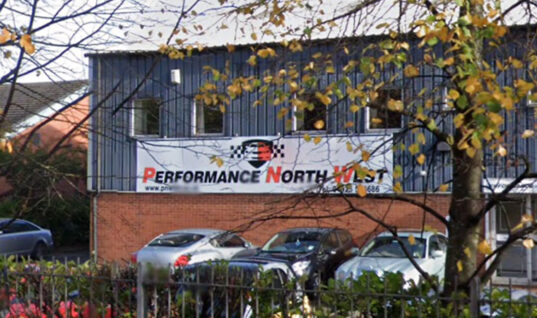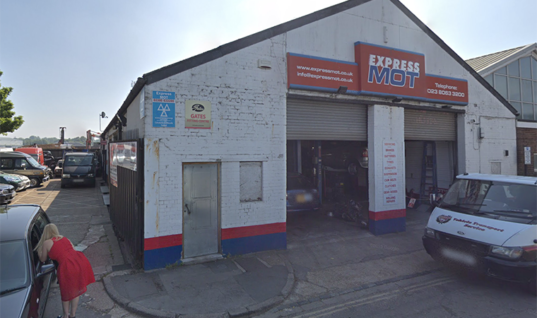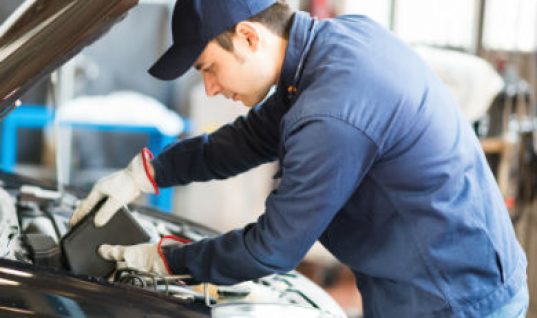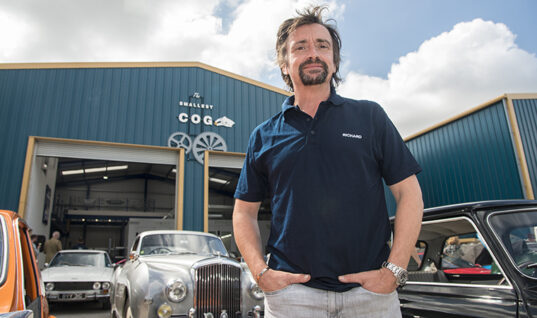BMW Group is scaling up its 3D printing capabilities to industrial levels for vehicle development and production, it has announced.
Additive manufacturing, more commonly known as 3D printing, offers fast availability for components, flexible component design, and the ability to manufacture parts without elaborate tools.
Parts that had previously been virtually impossible to realise are engineered by generative design, which uses computer algorithms for rapid component development.
Together, experts and computers create parts that make the best possible use of materials in production.
Related: Hyundai and Ineos agree collaboration to push hydrogen fuel cell EVs
Many potential applications are only possible at all thanks to generative design, and 3D printing technologies are particularly suitable for creating their complex forms and structures, which were previously impossible to produce with conventional tools.
For the BMW Group, generative design resulted in topology-optimised solutions, where form and function have been significantly enhanced.
The components are around 50 per cent lighter than comparable conventional components and make the best possible use of the space available, as is the case with the damper for the rear lid.
Daniel Schäfer, senior vice president for production integration and pilot plant at the BMW Group, said: “Processes such as additive manufacturing help us to speed up development cycles and get our vehicles to series maturity faster.
Related: Engineers challenge dominance of permanent magnet motors for EV propulsion
“3D printing also shortens the production times of components while meeting rigorous quality requirements.”
Since the middle of this year, the BMW Group has been 3D printing metal and polymer parts for Rolls-Royce Motor Cars.
The components are for the vehicle body and passenger cell, and are highly functional and rigid.
The process for manufacturing them was developed and prepared for application in automotive production by the BMW Group, at the company’s own ‘additive manufacturing campus’, which also produces polymer parts by multi-jet fusion and selective laser sintering.
At BMW Group Plant Landshut metal parts are currently made by laser beam melting.
In production, the metal 3D-printed components are fitted to car bodies in an almost entirely automated process.








Home Page › Forums › BMW to industrialise 3D printing
Tagged: M-H-M body parts cars BMW